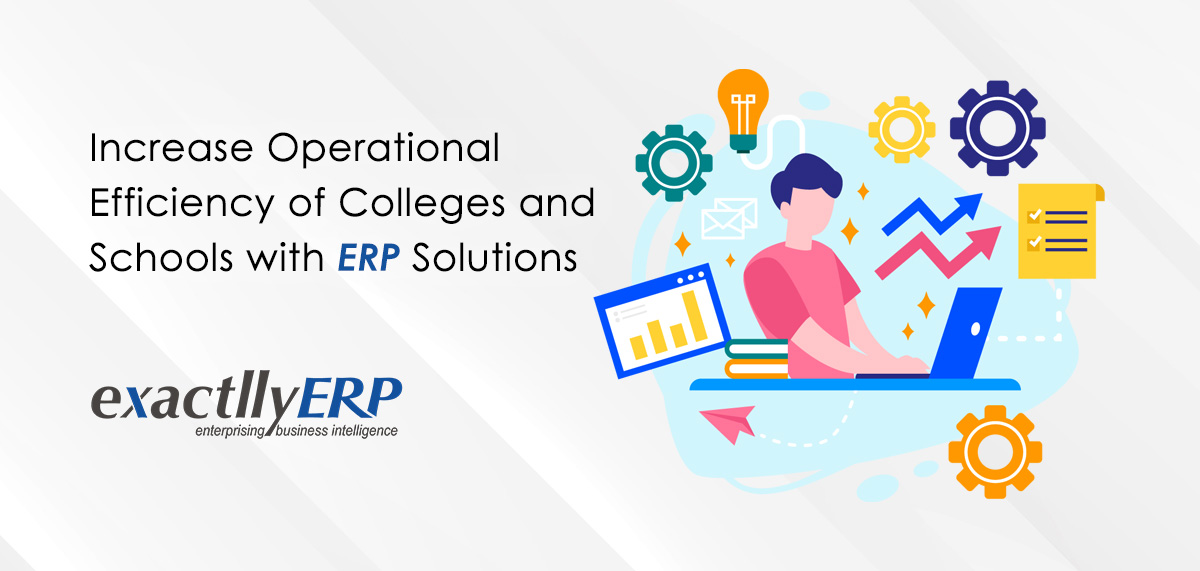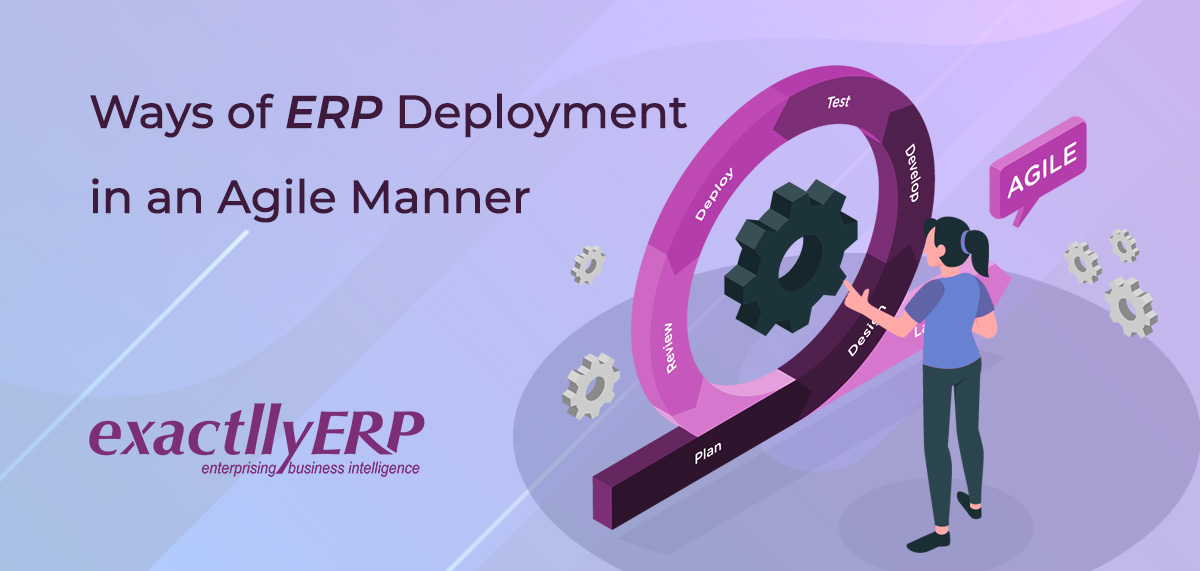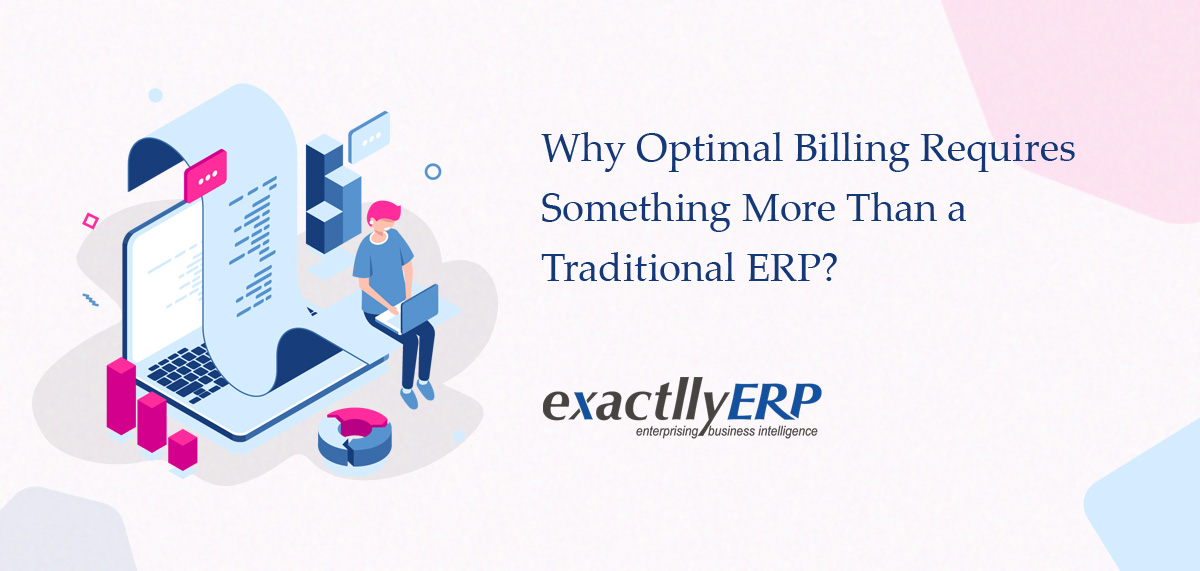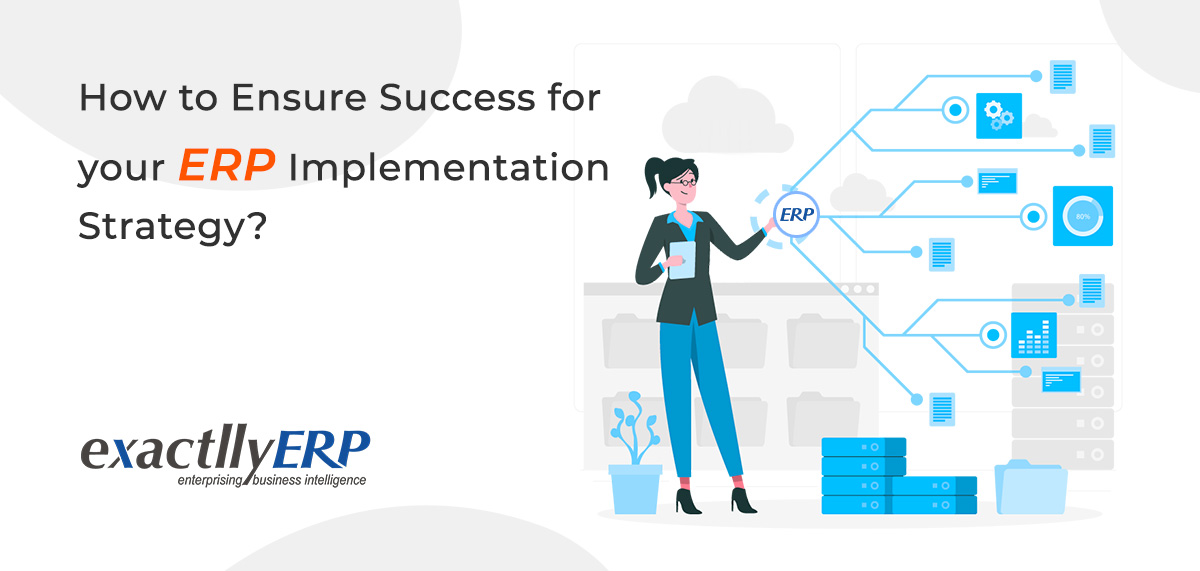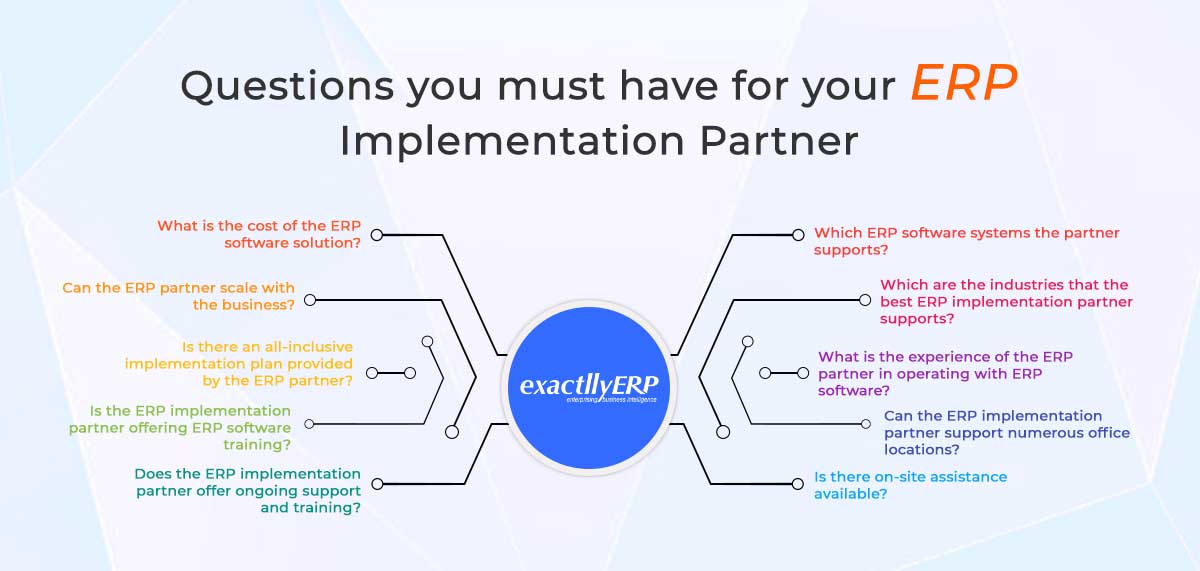Know the Challenges of Implementing ERP Systems in Traditional Businesses
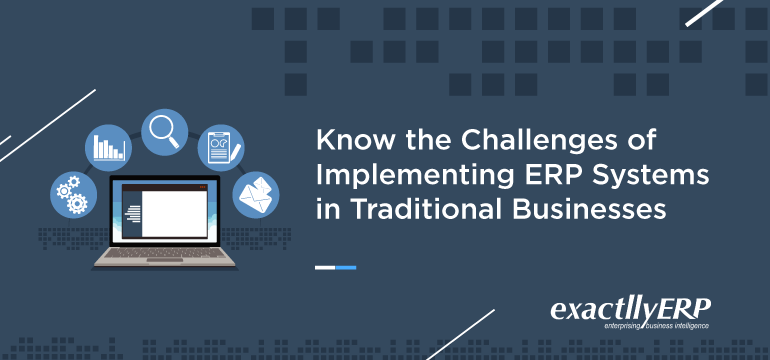
Traditional businesses are often late to implement technologies that are useful and effective. They are also known by the term “legacy businesses”. They are often resistant to change and do not take to technological advancement very well. Across the world, these businesses are often late to implement technologies that can catapult them to success. As a result, many go out of business or lose out to competitors who are smarter and more effective in implementing automation.
Most often, they catch up on trends quite late, and when they do implement automation or ERP, their competitors would have already surpassed them. In the case of enterprise resource planning (ERP), traditional businesses often make many mistakes. These mistakes are mostly due to challenges that are not addressed or considered.
In this article, we take a look at some of the most common challenges that affect traditional businesses when it comes to implementing enterprise resource planning.
1. Resistance to Change –
Every business is scared of changes and it is quite understandable. The world is changing very rapidly and technological advancements are so dramatic that even the most skilled businesses are unable to keep pace. With this in mind, we need to remember that a lot of traditional businesses do not like any sort of changes. They are used to certain ways of functioning that have always worked. Unfortunately, being resistant to change just puts these businesses at great existential risk.
For instance, not automating business processes can result in poor inventory management, loss of sales, inadequate customer service, and subpar performance. Yet we can provide a number of examples where businesses do not automate even when it is inexpensive and easy to do so. The only resistance to change can explain this unwillingness to implement ERP. Keeping an open mind towards advanced ERP will help traditional businesses to taste the sweet taste of success.
2. Lack of Information –
Quite a lot of businesses do not have the information that is needed to adopt digital technologies. They either do not have access to resources or they simply are not able to identify which technology will solve the problems. Due to a lack of information, they often choose technologies and automation methods that are not really helpful. Even if they find an ERP that might help them, they may not have adequate resources to use it efficiently. They may also be given wrong information by unscrupulous vendors who simply want to make more sales without helping their clients arrive at solutions.
Consulting vendors who are ethical, market-oriented, and professional will help traditional businesses to choose an ERP that will optimise their business processes. In other words, a consultation will help address the challenge of the lack of information that plagues most traditional businesses today. Consulting the vendor will also help businesses to choose the right product that will solve their unique problems.
3. Lack of Budget –
Many businesses simply do not have the money that is required to implement ERP. ERP is not cheap software and it requires a lot of initial investment. However, it can reduce cost and help companies make profits in the long term. ERP helps by providing excellent insight, automating business processes, and ensuring that a business functions smoothly. Even if businesses do not have the capital to purchase an expensive ERP, they will always benefit from making an investment in the right ERP.
Lack of budget can be a major challenge for most businesses even if they know how ERP can help their business perform better. A possible solution to this challenge is to purchase only certain modules, instead of implementing an entire ERP suite. There are also options to plug and play cloud delivered models. In short, lack of budget cannot be a reason for not implementing a viable ERP.
4. Inadequate Planning –
Many clients do not plan extensively before purchasing an ERP. They often rush into purchasing a software program imagining it will solve all the problems. They often do not consider which pain points need to be addressed and what the ERP implementation seeks to solve. Planning is a very important aspect of ERP implementation and inadequate planning continues to remain one of the most pressing challenges. Bad planning can also result in the failure of your being limitation.
A consulting agency can help solve all these problems quickly and intelligently. ERP vendors who are experienced in the matter of helping traditional businesses kickstart automation are uniquely equipped to help them implement successfully. After all, any software implementation requires identifying all the pain points, strengths, weaknesses and opportunities. Only, an experienced agency can help address this challenge that plagues most traditional businesses. With adequate planning, every business can implement a deal to be successful.
5. Inadequate Training –
While inadequate planning continues to remain a challenge, poor or no training is another major challenge for most businesses. When the employees of an organisation are not trained properly in using ERP, successful implementation almost seems far-fetched. Training is an extremely important aspect of the successful implementation of ERP. There are tons of case studies and surveys that show that lack of training is what causes most ERP failures. This also results in a loss of motivation among employees leading to reduced productivity.
However one needs to understand that most businesses do not have the resources or the technical know-how to teach and train their staff. This is why it is important to choose the vendor who offers training for free or at competitive rates. Without adequate training, ERP implementation cannot take place. Choosing a vendor who understands the importance of training, is the most crucial aspect of implementation.
6. Poor Choice of ERP –
An often ignored challenge when it comes to ERP implementation among the additional businesses is that they often make bad choices. Not only can they choose the wrong vendor, but they may also end up implementing the wrong ERP. Choosing the right ERP is not only important for business success but it immediately enhances productivity and boosts employee morale. On the other hand, the wrong ERP can make your staff stressed out and demoralised.
This is a challenge that is often ignored but it can be addressed easily. All that the business needs to do is to choose the right vendor and seek consultation. An experienced vendor will be able to help the most traditional businesses to choose the right ERP that will make them modern and contemporary. In other words, to address the challenge of choosing the wrong ERP, one needs to choose the right vendor.
Contact the Right Vendor Today:
Traditional businesses have a lot of things to worry about these days. Most of these businesses have competitors and rivals that are quite technologically advanced and have already implemented automation. Though it might sound harsh, implementing ERP now is akin to playing catch up. However, plain catching up is also very important if one needs to survive. One just cannot back out and stay out of the race. Implementing ERP will help every business to achieve some level of automation and thereby acquire an edge over other players.
The good news is, all these challenges can be addressed easily with the help of the right vendor. If you would like to get help for your business and implement ERP the right way, do not hesitate to contact us today. We have extensive experience in helping traditional businesses to adopt modern technologies and automation. We would be glad to help you identify your problems, plan an implementation schedule, train your staff, and finally implement ERP successfully.
Feel free to Contact Us and get a Free Demo.


